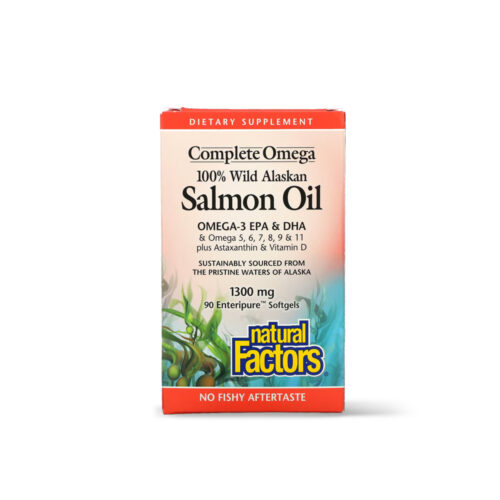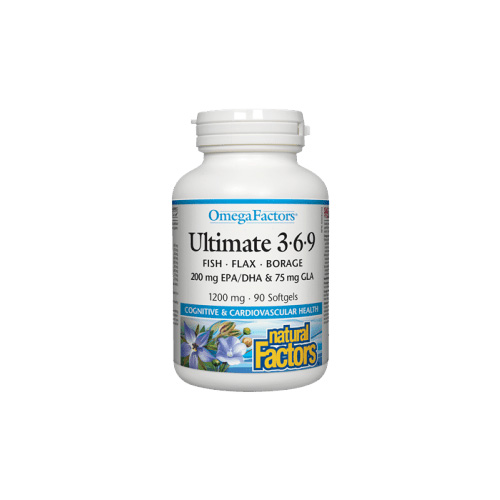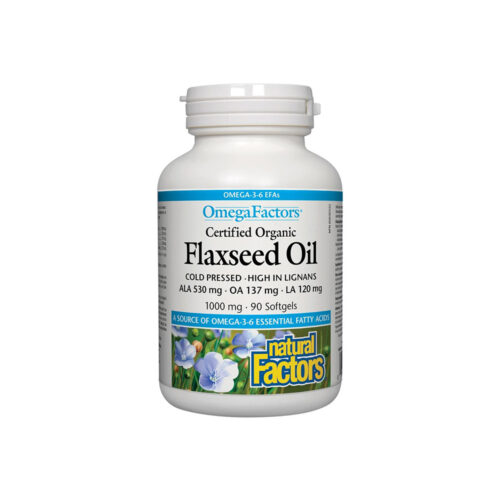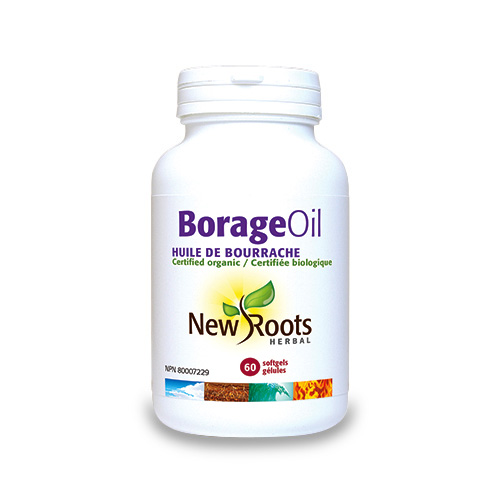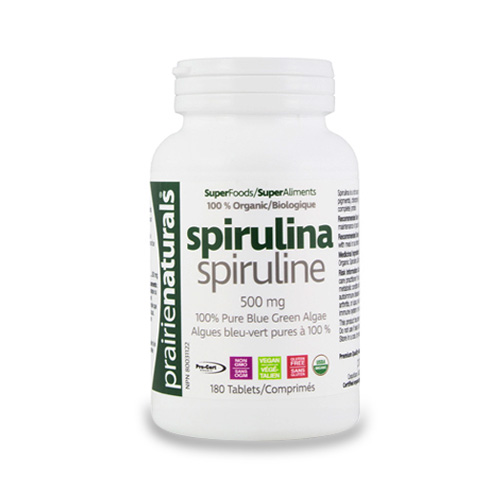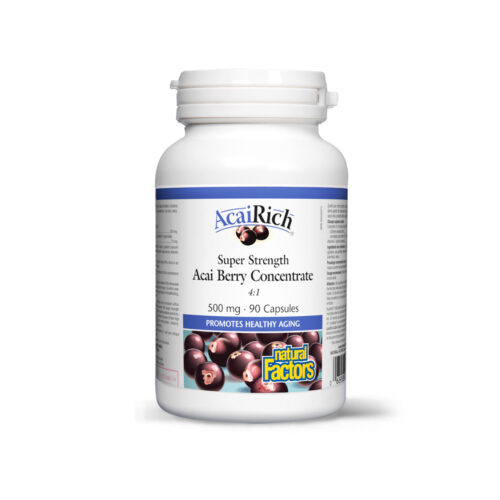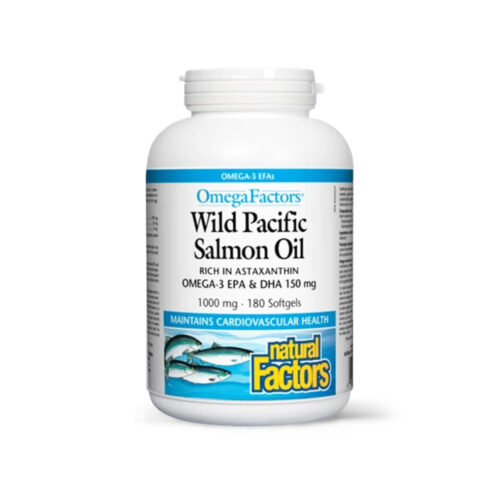Encapsulated seal oil fatty acids
The most significant effect of omega-3 fatty acids in elongated chain are:
- eicosapentaenoic acid (EPA, 20: 5 n-3)
- docosahexaenoic acid (DHA, 22: 6 n-3)
- docosapentaenoic acid (DPA, 22: 5 n-3)
Fatty acids are simple lipids of two different types: saturated fatty acids (palmitic, stearic, etc.) that are found in animal fats and unsaturated fatty acids (oleic, linoleic, etc.).
The most significant is the EPA (eicosapentaenoic acid), fatty acid, type omega-3, having the capacity to increase the fluidity of blood. EPA oil prevents blood cell clumping to form clots that otherwise could clog arteries prematurely. EPA also has the ability to reduce triglycerides and total serum cholesterol, and increase the good component of cholesterol (high-density lipoprotein – HDL). This oil acts as an anti-freezing agent (“anti-freeze”), prevents hardening the fish body at low temperatures. So, because if the environment in which the fish is colder, the more EPA oil content is higher beneficial. Almost all species of fish have this quality, with a special recommendation for salmon, mackerel, cod, herring, hadok, trout, white fish, oysters and squid and from the animal kingdom, seal and whales are rich in Omega 3 sources.
Excessive consumption of saturated fatty acids, to the detriment of unsaturated acids, may cause atherosclerosis and therefore cardiovascular disease. The eskimos who consume more seal oil whitch are rich in unsaturated fatty acids they rarely have atherosclerosis. It is noteworthy that while the nutrition of Eskimos contains more than 13% fatty acids called omega-3 (unsaturated fatty acids with long chains of carbon atoms in the majority of the oil seal), the danish ones, for example contains only 0, 84%. The Eskimos who eat seal meat, myocardial infarction is about 400 times lower than in civilized societies. Also, cancer incidence is very low in Eskimos.
Seals live in northern Canada, and particularly in the province of Newfoundland and Labrador.
Dr. Cosmas has conducted research which shows the superiority of the oil seal to the oil obtained from fish. Closer to seal oil would be the oil of wild Pacific salmon. However, recent studies indicate that while fish oils oxidize very quickly, the seal oils are highly resistant to oxidation thus keeping intact all their properties and the EPA / DHA ratio. Omega-3 (n-3 PUFA) is esterified in the seal oil, therefore having increased bio-absorption compared to other sources of omega 3.
It was also reported at the International Conference about seal products (Ottawa, 7 to 8 June 2004) that seal oil is rich in docosapentaenoic acid (DPA) which is not found in fish oil or it is insufficient quantities
Numerous other studies show the great efficiency of seal oil in atherosclerosis, diabetes, hipercolesteromie, etc. Another study indicates the effectiveness of combining seal oil with wild salmon oil or Omega 3 oils from wild fish (mackerel, sardines, anshoa) in the treatment of diabetes and atherosclerosis.
Seal Oil is recommended for
 EN
EN HU
HU ES
ES IT
IT





